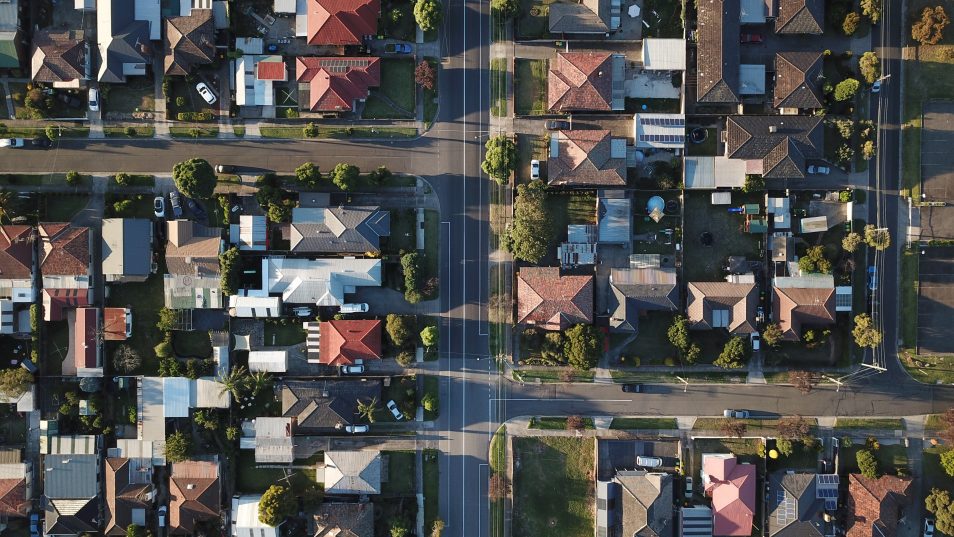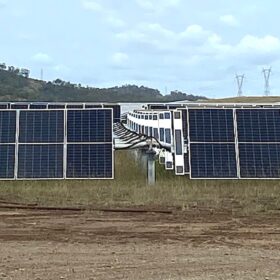Australian climate tech platform Acacia, which provides information around sustainability in financial institutions and energy, will launch its new solar feature on February 1. The company says the tool will be able to offer a personalised digital solar quote in less than three minutes, provide estimated carbon and energy savings, and even give a rooftop solar panel layout.
The feature will first be launched in New South Wales, Victoria, Queensland and South Australia, before being expanded to other states.
In its announcement, Acacia pointed to surveys from consumer advocacy group Choice, which found one third of solar panel owners had bad experiences during sales and installation. It says its tool will afford customers knowledge without subjecting them to aggressive sales tactics, for which the solar industry has unfortunately become notorious.
To access the feature, users will upload their energy bill to the Acacia app and receive their solar quotes. Then, when they are ready to begin talking to an installer, they can use the platform to connect with a curated list of local businesses – something the company says it will vet for quality.
“We are putting the decision and control in the hands of consumers,” Anil Sagaram, Acacia Founder and CEO, said. “The previous process was heavily sales driven with far too much friction. One of the biggest challenges in getting solar is having to dodge calls from multiple sales people, and not knowing who to trust.”
“Australian’s want to embrace solar and now with Acacia they have a digital experience that allows them to take the first step without the pressure of dealing with the worst parts of the process,” he added.
The new solar feature will work alongside Acacia’s energy offering, which has integrated the data and research behind Greenpeace’s Green Energy Guide, allowing users to easily compare their current energy plan against an open menu of electricity providers.
Acacia says its platform is independent and not associated with solar product product providers.
Solar sales tactics have come under increasing scrutiny, with the Victorian government in 2021 introducing new rules for solar businesses and energy retailers banning on door-to-door sales of products, among other things.
This content is protected by copyright and may not be reused. If you want to cooperate with us and would like to reuse some of our content, please contact: editors@pv-magazine.com.









By submitting this form you agree to pv magazine using your data for the purposes of publishing your comment.
Your personal data will only be disclosed or otherwise transmitted to third parties for the purposes of spam filtering or if this is necessary for technical maintenance of the website. Any other transfer to third parties will not take place unless this is justified on the basis of applicable data protection regulations or if pv magazine is legally obliged to do so.
You may revoke this consent at any time with effect for the future, in which case your personal data will be deleted immediately. Otherwise, your data will be deleted if pv magazine has processed your request or the purpose of data storage is fulfilled.
Further information on data privacy can be found in our Data Protection Policy.